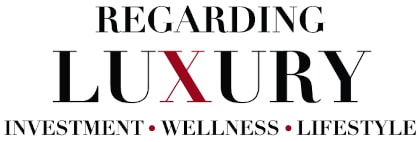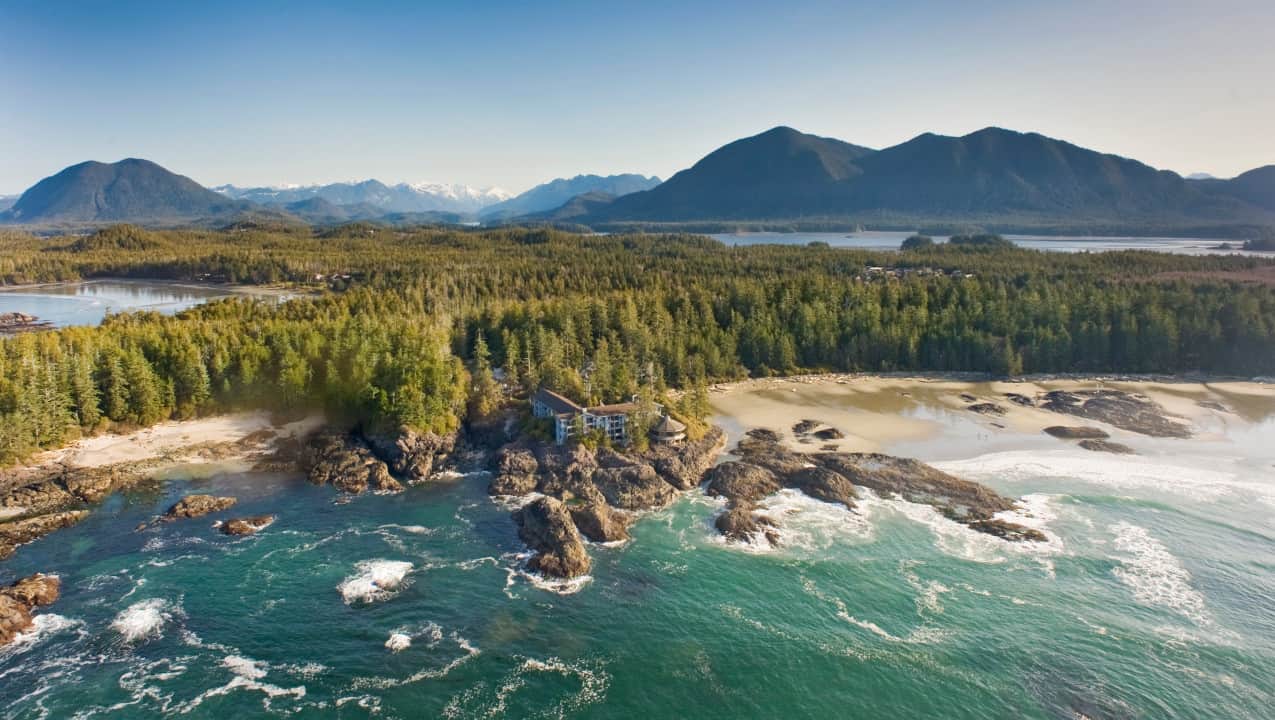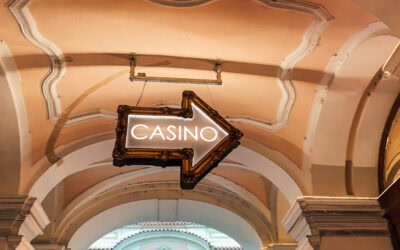There is a fundamental change in attitude when the topic of COVID-19 and its impacts on how luxury lifestyle is perceived comes up, as well as people’s attitudes about wealth and affluent people. That applies as well to attitudes among wealthy people themselves. That’s a good thing, says Milton Pedraza, CEO of the Luxury Institute in New York.
The Luxury Institute, based in New York, is a qualitative and quantitative research organization that conducts crowdsourcing projects with its Global Luxury Expert Network. That’s a growing network of high level executives and experienced management representatives from dozens of luxury premium goods and service companies. The Luxury Institute issues regular white papers and studies, and provides training and business solutions for luxury goods and services brands
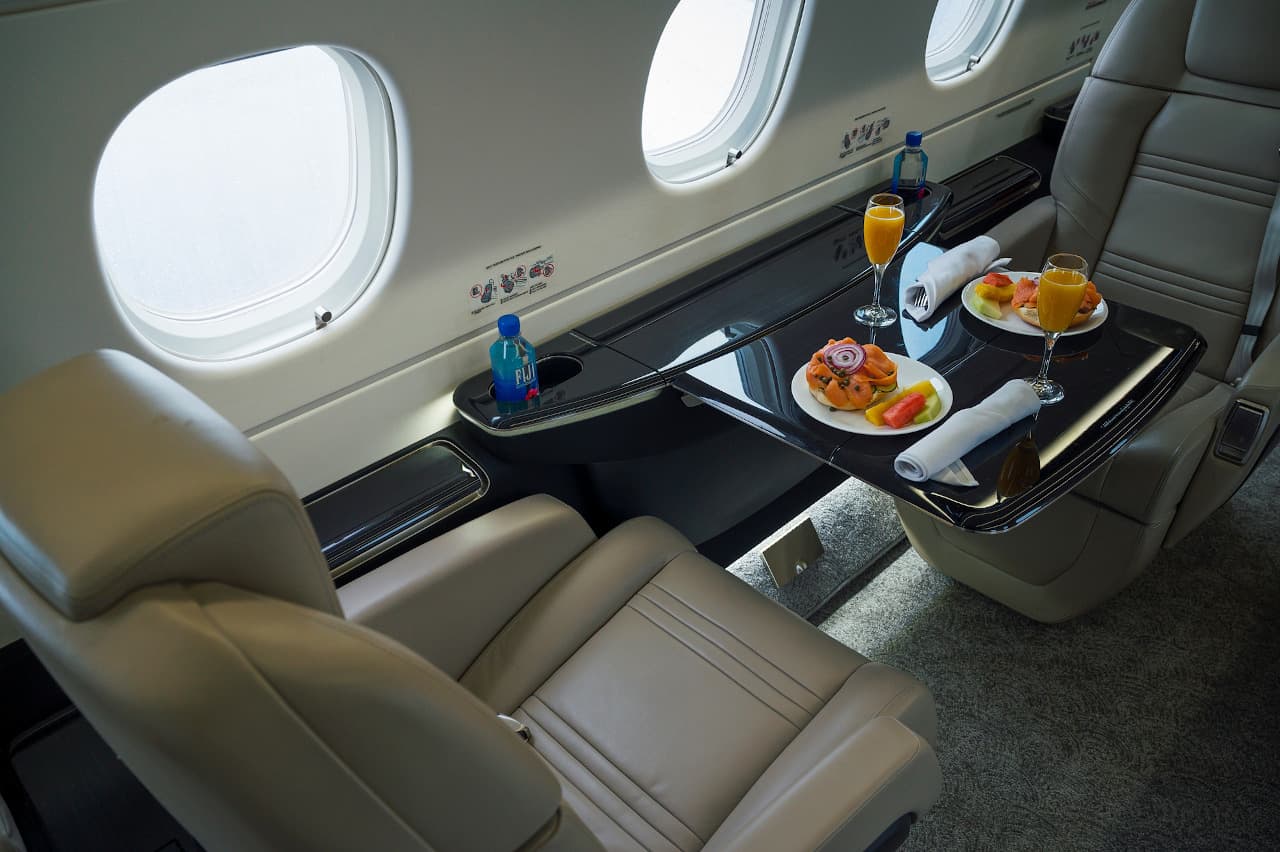
Pedraza has his thumb on the luxury lifestyle industry trends better than anyone. No one is better connected. Like a lot of well-to-do people who live downtown in big cities, Pedraza isn’t in Manhattan now, where he normally lives.
It’s tough to find any positives now, as a worldwide pandemic continues to rage around all of us.

But that’s where we are, working through a summer unlike any summer in memory. The pandemic has laid bare the worldwide schism between rich and poor. Wealthy people have been in the crosshairs during the COVID-19 crisis. Pro athletes and Hollywood celebrities and Wall Street financiers jumped the queue for testing in the early days of this. Those on the mid to lower rungs of society’s ladder had to wait for testing. In the U.S., rich people get to the buy the best information and best access to doctors.
Horror stories
In the U.S., especially, COVID-19 is killing African Americans at a far higher rate. That speaks to impoverishment, lack of access to decent healthcare, underlying health conditions like diabetes, asthma and obesity, and poor nutrition. There were horror stories like this one, where jet setters from London tried to access a ski resort in France via private jet but were turned away by French police.
On the local front, affluent people de-camped their downtown Toronto homes for luxury cottages in places like Muskoka and Collingwood. There were reports of food and product hoarding compounding the irritation levels among locals with the influx of people.
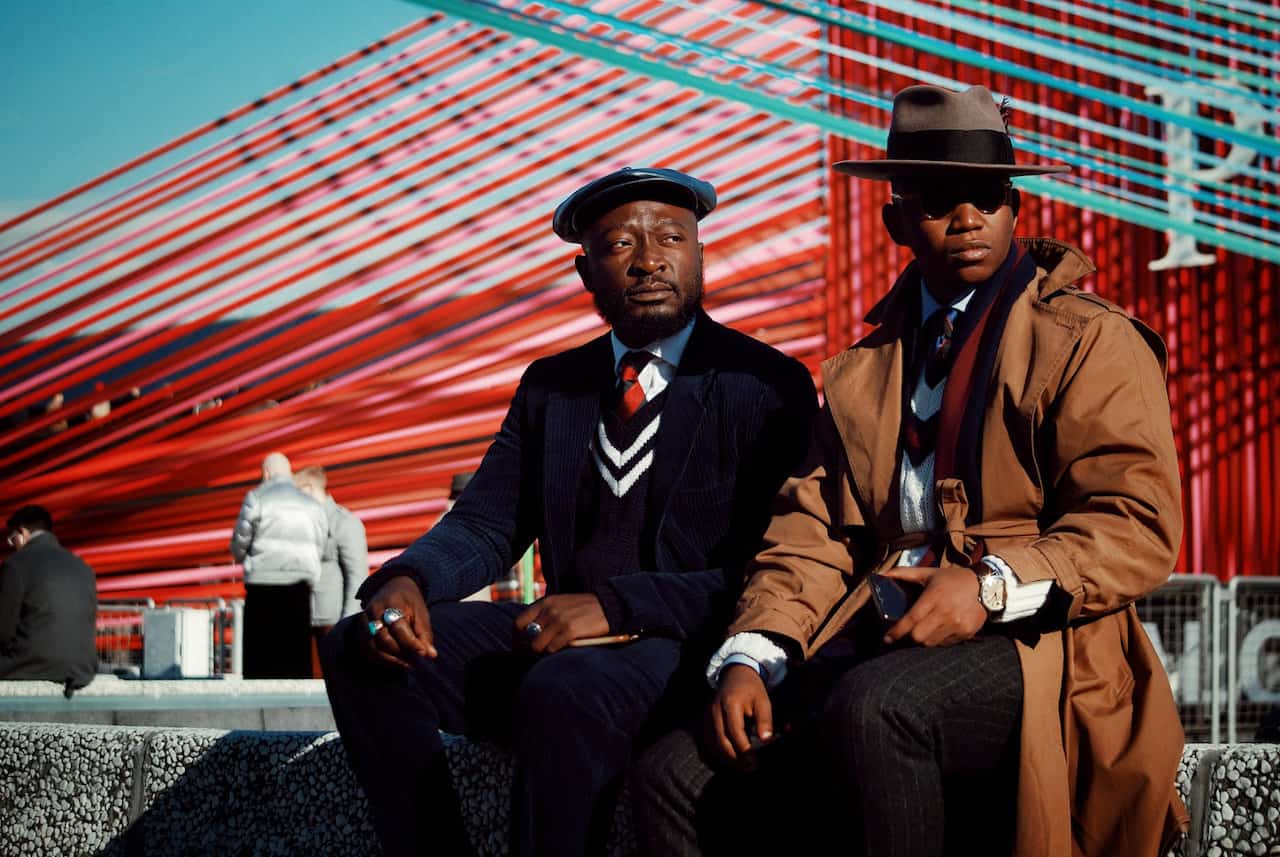
Those people fortunate enough to have the money to afford private jet travel were quick to use that advantage a month ago, as the spread of the virus really started to take hold. Justin Crabbe, Founder and CEO of Jettly, a web-based private jet charter booking platform, talked about how bookings in their evacuation flight department over their platform exploded from mid February to mid March. That was when the size and scope of the deadly virus started hitting home with people.
Impact of COVID-19
“Some are trying to avoid travel bans or impending travel bans. They come with very urgent requests, willing to spend far more than they would have had they been able to wait even a few days,” Crabbe said at the time. “While the coronavirus has certainly negatively effected commercial travel, it has dramatically increased the activity in the private charter sector. So much so that we are tripling our flight support staff to accommodate the influx.
“People are avoiding commercial airlines and airports in fear of the exposure, opting for private travel instead. Some are grouping together with others. We are having to coordinate passports and clearances for large groups of travellers, some of which don’t know each other.”
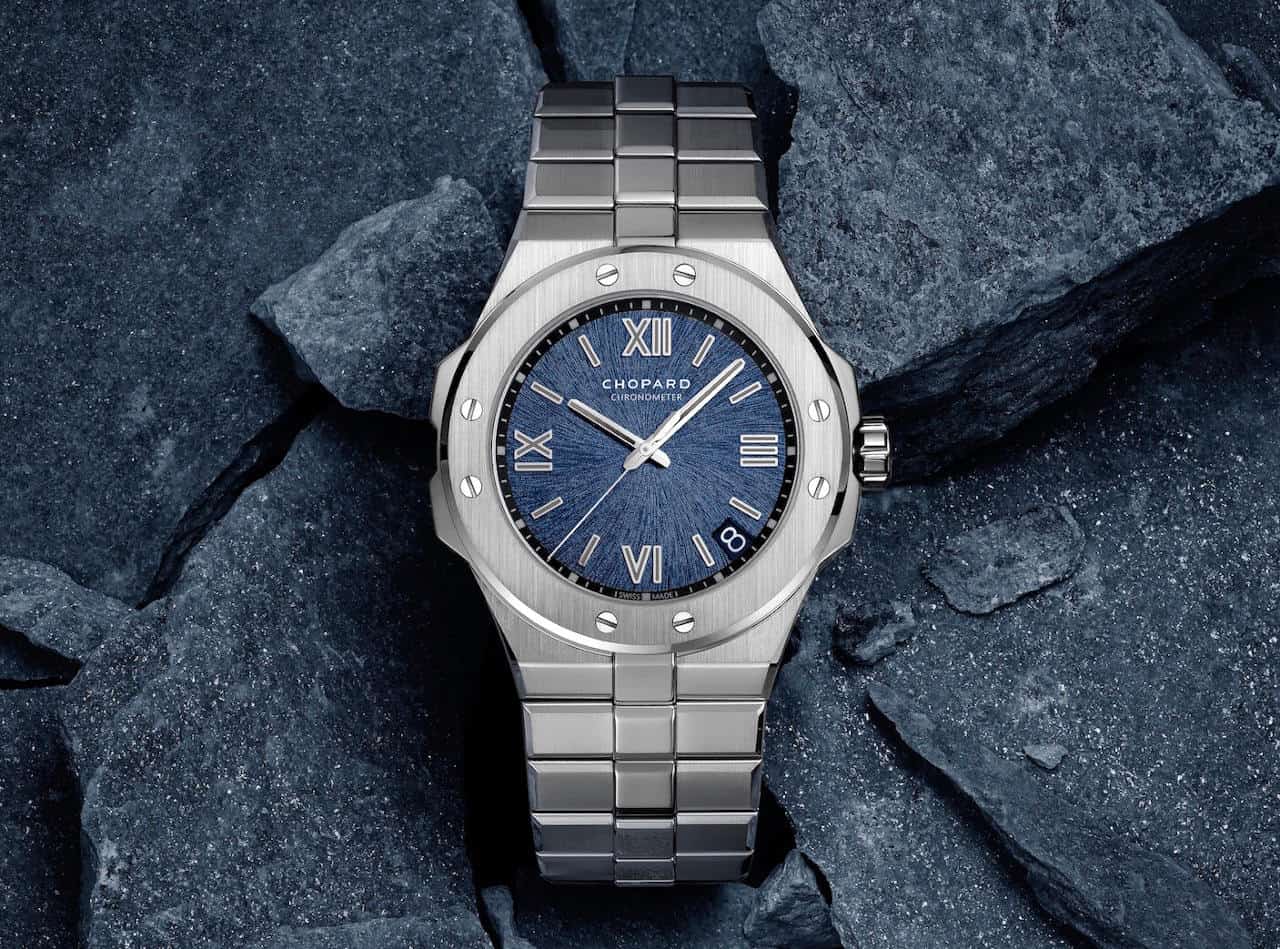
For context, a typical light jet costs $5,000 USD per hour and seats six to eight, depending on the aircraft, Crabbe told us then. So a flight that’s three hours will cost $15,000 ($30,000 for a round trip). A heavy jet that seats 16 passengers costs around $12,000 USD per hour. Crabbe said he was seeing dozens of bookings that were two or three times the regular rate for flights due to the increased demand. There were shortages of available aircraft and crews, who were worried about going in to hot zones and getting the virus.
There are bad actors everywhere, “real jerks,” says Pedraza. Look at how some pro athletes flaunt their wealth, for example (although Pedraza acknowledged many are changing their behaviour). Where does that leave attitudes about luxury lifestyle and the pursuit of wealth after the virus is gone?
And what can affluent people – the top 20 per cent of society in terms of wealth – do to strip away any lingering anger or distaste people have towards them?
Love of luxury will not go away
Plenty, says Pedraza.
There are luxury lifestyle brands that go back over 100 years, surviving world wars, pandemics and financial crises. As Pedraza adds, there is an inherent desire for people to have the best of something.
“It’s not greed, it’s love of beauty, aesthetic, quality, craftsmanship, design,” he says. That’s not going to go away. The difference maker, then, starts with wealthy people taking a “missionary” approach to wealth and luxury lifestyle as opposed to a “mercenary” approach.
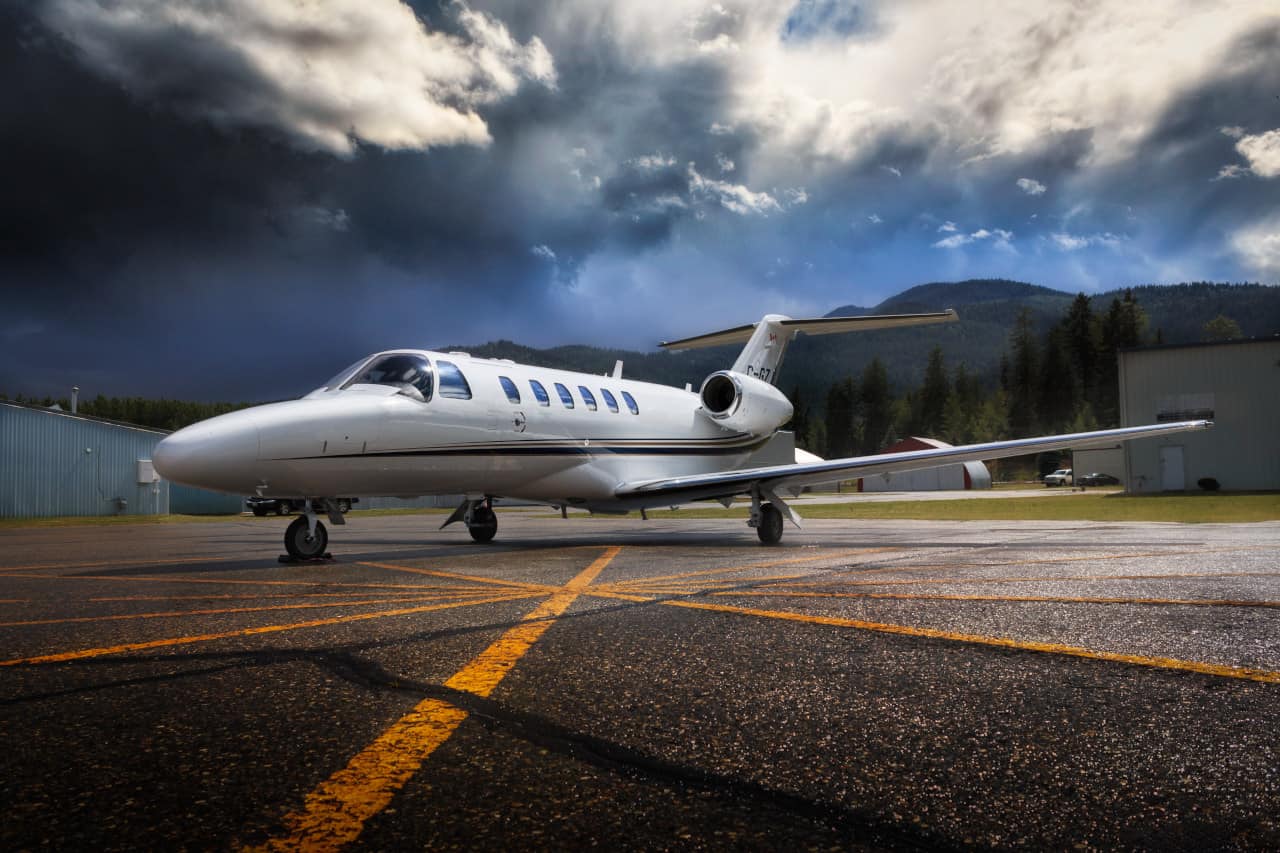
“You have to be responsible, ethical, take care of your constituents, associates, partners, society,” he says. “You are charitable, and you practice sustainability.”
Therein lies the balance. If one is in it to make money that creates value for society, bringing a greater context to the pursuit of wealth, as opposed to being just a money mercenary, then that individual has the right to benefit from that, and get value back.
Post-virus, Pedraza says to look for security, privacy, isolation, sustainability being more of a focus for the luxury dollar. That means vacation homes for travel as opposed to hotels, for example. Pedraza says he spoke with the broker for a luxury yacht charter company who is seeing a big uptick in business for private yacht charters in the Mediterranean for this summer.
Shift in attitude
Pedraza points to a noticeable shift among luxury goods and services companies. He points to companies like De Beers, Hermes, Tiffany & Co., LVMH and Burberry, who have taken care of their employees. They have paid them during the crisis, and pledged money to relief efforts. It’s important to remember that the luxury industry creates employment.
Pedraza points to the 2008 world financial crisis. That was a contagion in the financial industry caused by raw greed, but there emerged a shift in attitude among those in the wealthy class that became a permanent thing. Behaviours changed after 2008 and 2009, in particular a downshift in conspicuous consumption. If you have it, don’t flaunt it. Pedraza sees an intensification of that through this current crisis, including a rise in philanthropy.

“In many ways the great recession prepared wealthy people for the pandemic. They became far less ostentatious, far more generous, far more socially responsible, more ethical, and we are seeing a lot of that right now,” he says.
Twitter’s Jack Dorsey announced in April he was donating $1 billion – 30 per cent of his net worth – to fight the coronavirus. New Orleans Saints quarterback Drew Brees donated $5 million to the state of Louisiana. Dolly Parton donated $1 million to Vanderbilt Hospital in Nashville to help find a cure for coronavirus. Bill Gates said he would spend billions of dollars on developing a coronavirus vaccine via the Bill and Melinda Gates Foundation.
Values tops the list
“I think the old perceptions of wealthy people, just living the life of leisure, that doesn’t exist anymore,” Pedraza says. “It is shameful to live life like that. Even in families you would be seen as a complete loser. How can you have been so blessed yet been so negligent?
“There is that internal pressure now, family pressure,” Pedraza says. “It used to be that the No. 1 goal was to invest the assets wisely. That’s still important, but by the third generation, the family has been split up. There are problems, the money has split up, some kids have gone AWOL. Now it’s more about nurturing good family governance, and values is top of list for wealthy families. That was never the case ten years ago.
“You are seeing wealthy people understand they have an oversized role to play in terms of generosity during this crisis,” he says. “They understand we are all connected. They need to overplay the role that their entitlement plays. By and large the wealthy around the world have really been contributing. The luxury lifestyle industry is being a good global citizen right now by and large.”
TOP IMAGE: WICKANINNISH INN, VANCOUVER ISLAND, IMAGE BY CHRIS POUGET
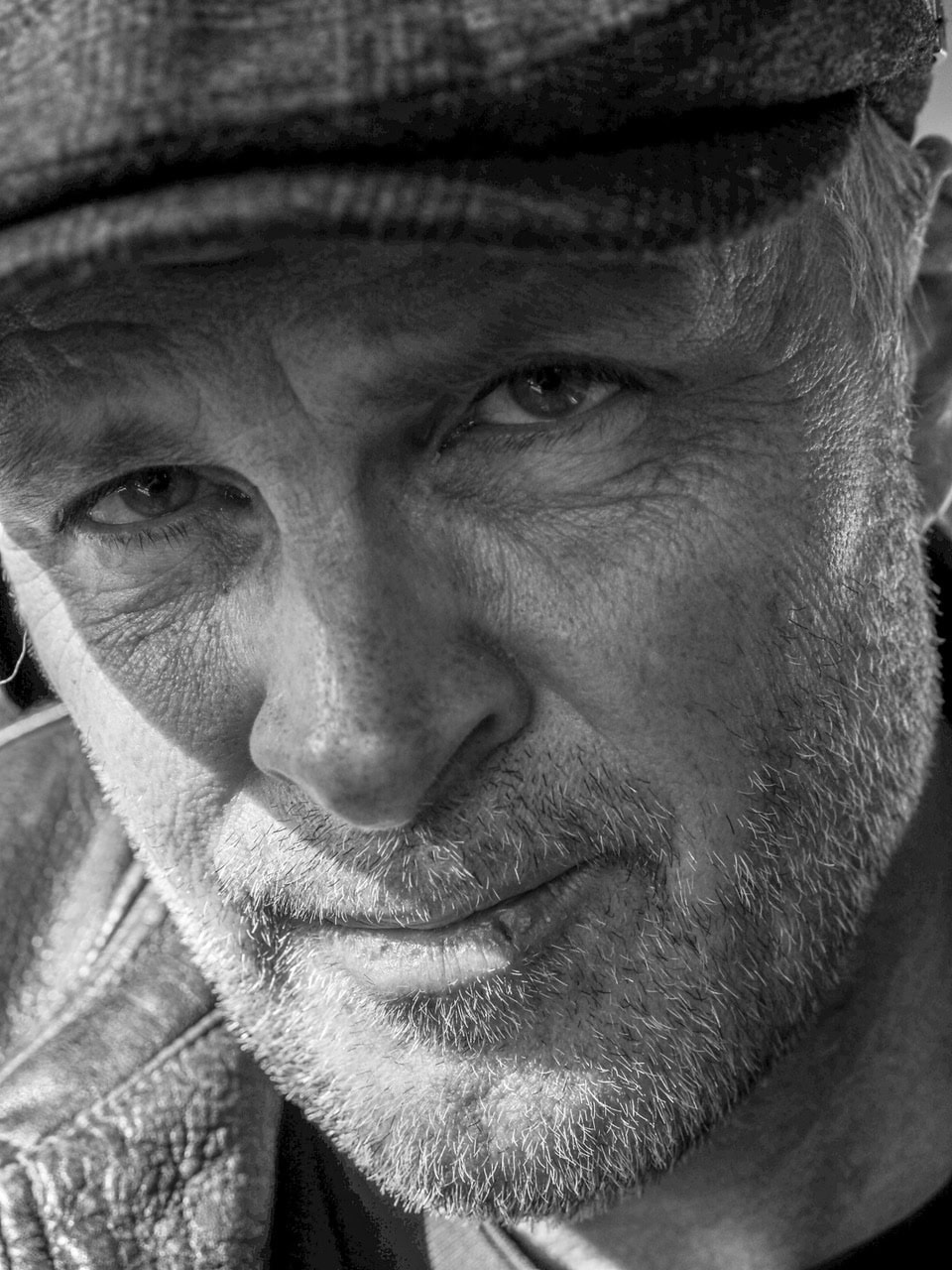
Mark Keast has been a journalist for three decades, starting out as a sports writer and editor for one of Toronto’s largest daily newspapers. Recently he has moved into writing on luxury cars, travel, and Toronto luxury real estate. He owns real estate in downtown Toronto as well, so there’s a vested interest there. Mark spends a lot of his work time connecting with realtors and developers across Canada, staying on top of industry developments.
Check out his stories, and email him direct at mkeast@regardingluxury.com
